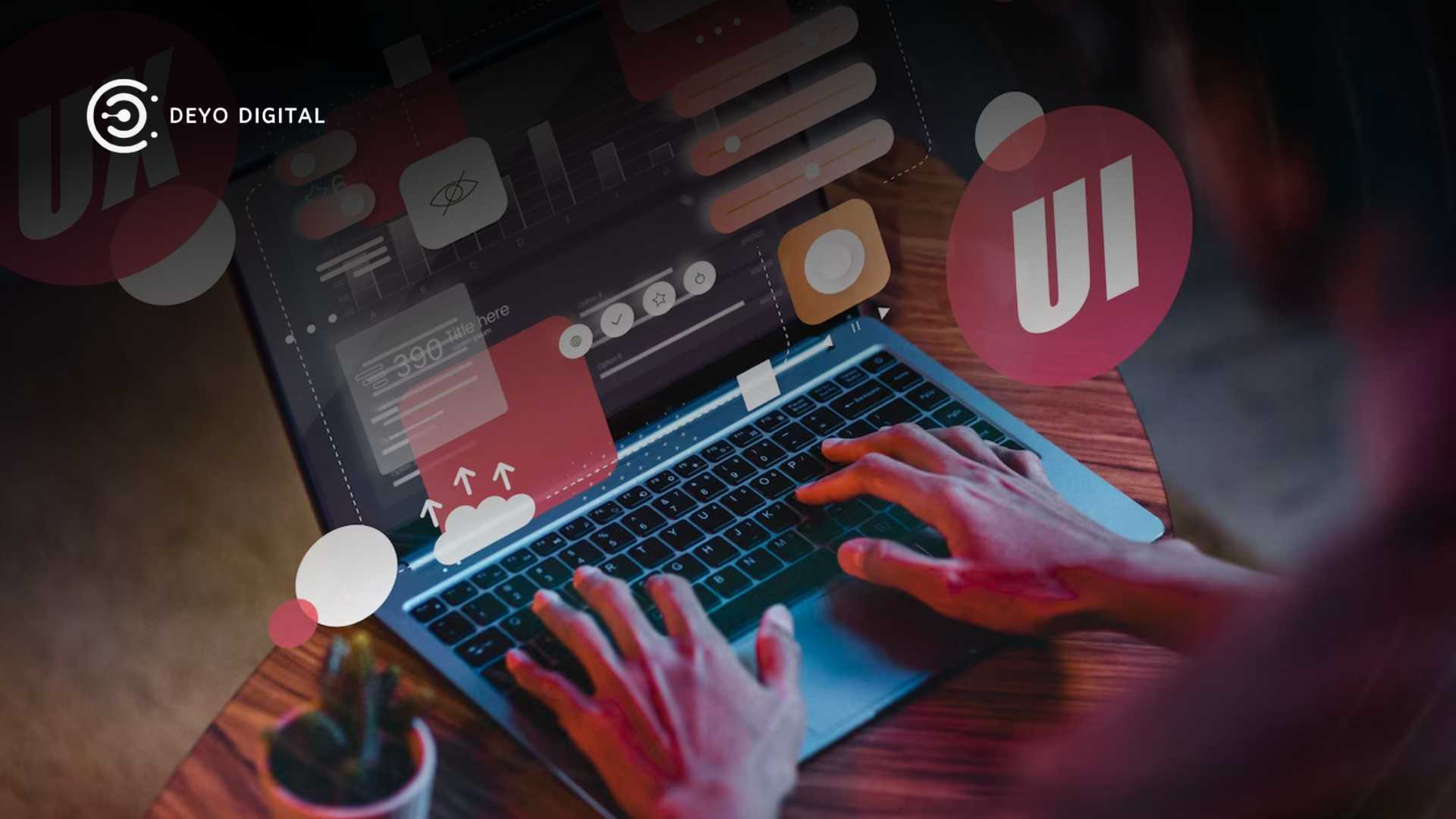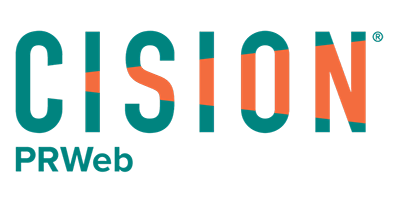

digital marketing
The Importance of Hiring the Best Website Designer for Your Business
The Importance of Hiring the Best Website Designer for Your Business
 PRWeb
PRWeb
Published on : Mar 6, 2025
In today’s digital-first world, your website serves as the face of your brand, influencing customer perceptions and engagement. A professionally designed website not only enhances visual appeal but also ensures a seamless user experience, improved functionality, and better performance across all devices.
Hiring an experienced website designer goes beyond aesthetics. They incorporate SEO strategies, optimize navigation, and align the site’s design with your business objectives, driving conversions and building long-term customer loyalty.
Benefits of Hiring a Professional Website Designer
1. First Impressions Matter
- A website is often the first point of interaction with potential customers.
- Poor design can drive users away, while a professional layout builds trust.
2. User Experience & Navigation
- A well-structured site ensures smooth navigation and clear call-to-action (CTA) buttons.
- Intuitive layouts keep visitors engaged and encourage conversions.
3. Search Engine Optimization (SEO) Integration
- A professional designer implements SEO best practices, improving search engine rankings.
- Optimized images, mobile responsiveness, and fast loading speeds enhance visibility.
4. Mobile-Friendly & Responsive Design
- With mobile users surpassing desktop users, responsive design is essential.
- A mobile-optimized website adapts to all screen sizes, improving accessibility.
5. Increased Conversion Rates & Business Growth
- High-quality design builds credibility, keeping users on your site longer.
- Strategic design elements help turn visitors into loyal customers.
Essential Qualities to Look for in a Website Designer
When hiring a website designer, consider these crucial factors:
1. Experience & Portfolio
- Review their past work for diversity and creativity.
- Ensure they have industry-specific experience if needed.
2. Creativity & Design Skills
- A designer should craft unique visuals that align with your brand identity.
- Knowledge of modern design trends ensures a fresh, engaging look.
3. Technical Proficiency
- Familiarity with coding languages (HTML, CSS, JavaScript).
- Expertise in CMS platforms like WordPress, Shopify, or custom-built solutions.
- Understanding of website security and performance optimization.
4. Communication & Collaboration
- The best designers actively listen to your vision and provide valuable feedback.
- Clear communication ensures that the final product meets expectations.
Types of Website Designers: Choosing the Right One
Before hiring, understand the different types of web designers and which one suits your business needs.
1. Freelance Website Designers vs. Agencies
- Freelancers provide a personalized approach and often charge lower rates.
- Agencies offer a team of experts, ideal for large-scale projects needing continuous support.
2. Specialized Web Designers
- UI/UX Designers: Focus on user experience and interface usability.
- E-commerce Specialists: Design websites with secure payment gateways and optimized product pages.
- Responsive Design Experts: Ensure seamless performance across all devices.
How to Evaluate a Website Designer’s Portfolio
A strong portfolio is a key indicator of a designer’s capabilities. When reviewing their work, look for:
1. Variety & Industry Relevance
- Ensure the designer can adapt to different business styles and industries.
2. User Experience (UX) & Navigation
- Check if sites are intuitive, user-friendly, and easy to navigate.
3. Mobile Responsiveness & Loading Speed
- Test their past projects on various devices for compatibility.
4. SEO & Technical Optimization
- Look for SEO-friendly designs that load quickly and rank well on search engines.
5. Client Testimonials & Case Studies
- Read client reviews to gauge work quality, reliability, and communication skills.
Budgeting for Website Design: What to Expect
The cost of hiring a website designer varies based on:
1. Project Complexity & Features
- Basic websites: $1,000–$3,000
- E-commerce sites: $5,000–$10,000+
- Custom web applications: $10,000+
2. Factors Influencing Cost
- Customization level: More unique features increase costs.
- SEO & Performance Enhancements: Advanced features require more expertise.
- Ongoing Maintenance: Consider monthly updates and hosting expenses.
Investing in the best website designer is crucial for building a strong online presence, enhancing brand credibility, and driving business growth. By focusing on design expertise, technical proficiency, and SEO optimization, you can create a high-performing website that meets your business needs.




